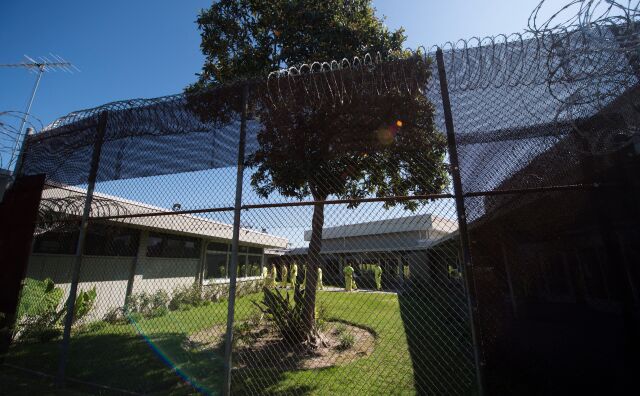Topline:
Governor Gavin Newsom vetoed AB 2138, which would have let some tribal police qualify as state peace officers. He said that it would have created legal disparities between tribal police and police officers.
Why it matters: Tribal police currently don't have peace officer status due to Public Law 280, a federal law passed in 1953 that gave California and five other states criminal jurisdiction on tribal lands.
James Ramos, California's first Native American assemblymember and AB 2138's sponsor, said Public Law 280 has created difficulties for public safety in California, particularly on native lands.
Wait, what's a peace officer?: It's the same legal designation that law enforcement like the California Highway Patrol, city police officers, sheriff's deputies, and Los Angeles Port Police have. They have the right to make arrests and exert their authority across the state.
Why now: Indigenous advocacy groups supported the bill, saying that it would help tribal police investigate kidnappings and murders of Indigenous people. Attorney General Rob Bonta was also a backer.
The reason for the veto: "Unfortunately, while well-intentioned, this bill creates a significant legal disparity between California peace officers and tribal police officers," Newsom wrote in his veto message.
What's next: In a statement, Ramos thanked Newsom and said he looks forward to "working out the difficulties it has created for California public safety once the legislature re-convenes." It's not clear yet whether he'll introduce a revised version of the bill.
Other bills: Newsom did approve other bills concerning Native Americans in California, including Ramos's AB 1821, which will require schools to teach students about the treatment of Native Americans during Spanish colonization and the Gold Rush era.
Go deeper: To read more about what the tribal peace officer bill would have done, see here.







